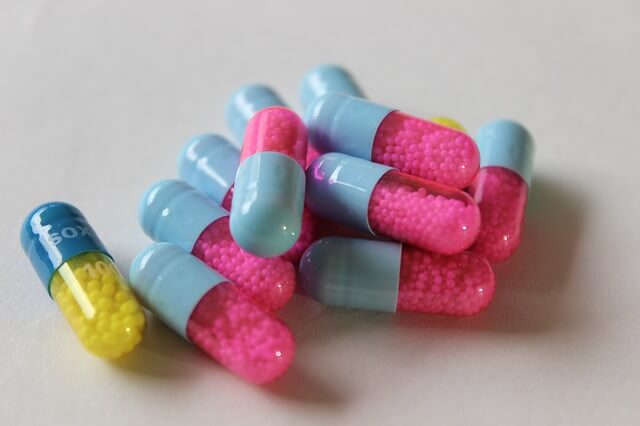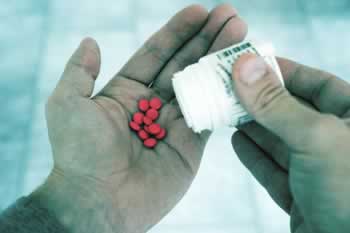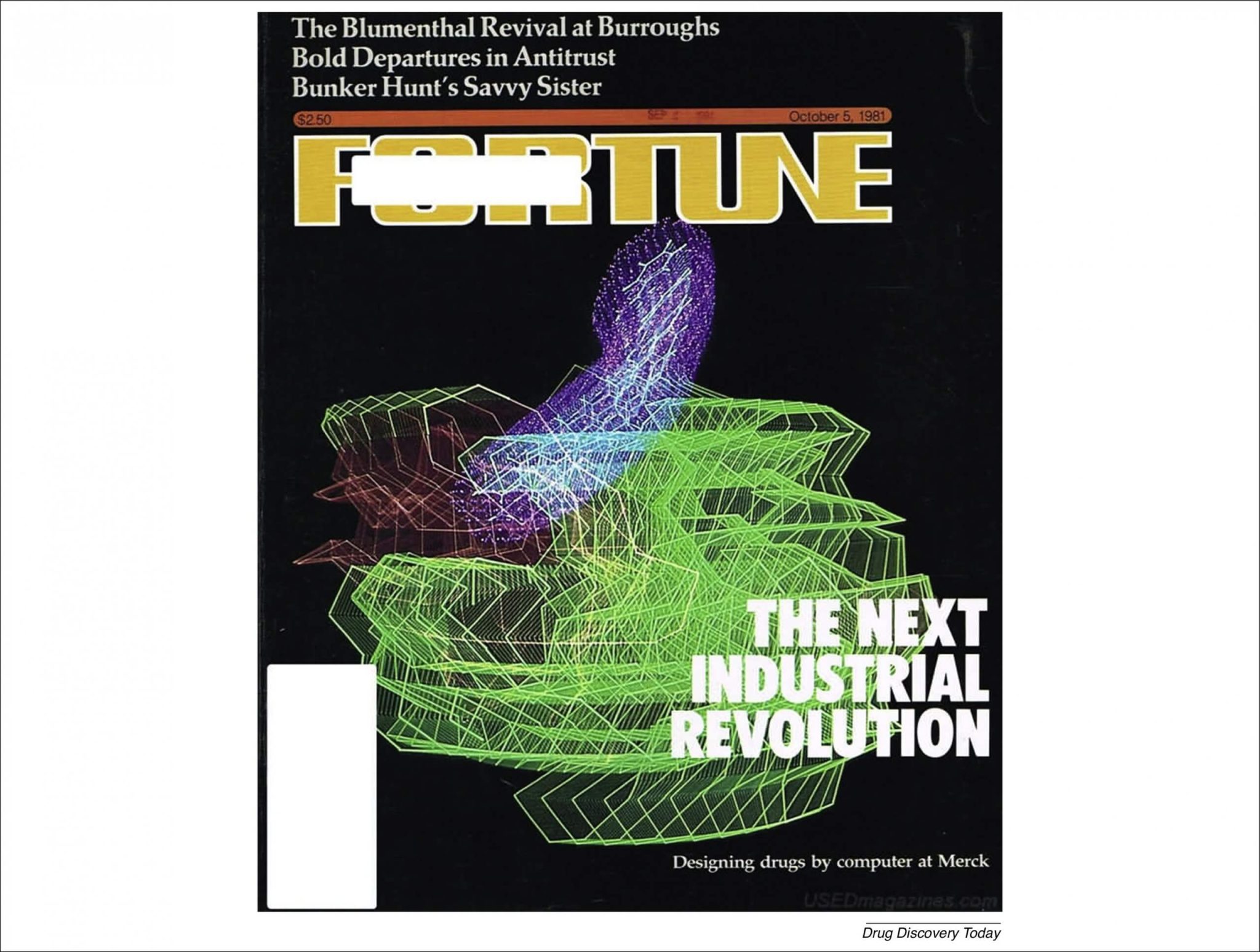
The pharmaceutical industry, particularly the generic drug sector, faces significant challenges in adopting sustainable practices. As the world grapples with the consequences of climate change, companies must adapt their operations to reduce environmental impacts while maintaining cost-effectiveness and regulatory compliance. This article outlines key considerations and strategies for developing a sustainable generic drug development strategy.
Balancing Sustainability and Cost-Effectiveness
David Maier, Vice President and General Manager at West Pharmaceutical Services, emphasizes the need to balance sustainability initiatives with financial constraints. “Generics are known for their cost-effectiveness. Balancing sustainability initiatives with financial constraints can be difficult, as changing practices often require upfront investments that may not yield immediate returns”. This balance is crucial for generics companies, which must maintain affordability while investing in sustainable practices.
Collaboration and Supply Chain Management
Industry collaboration is essential for achieving sustainability goals. Maier notes that collaboration between vendors and customers is critical to improve sustainability and address emissions, energy and water usage, and waste reduction. This collaboration extends to the global supply chain, where responsible sourcing of materials and ethical labor practices are vital.
Green Chemistry and Sustainable Manufacturing
Green chemistry principles play a significant role in reducing environmental impacts. Pfizer, for example, has been applying green chemistry principles in drug development for over two decades to reduce waste, minimize resource use, and develop energy-efficient manufacturing processes. This approach includes the use of safer, environmentally preferable alternatives to nonrenewable raw materials and solvents.
Regulatory Compliance and Incentives
Regulatory compliance is a critical aspect of sustainable generic drug development. Companies must ensure that eco-friendly processes and technologies adhere to regulatory requirements. Financial incentives can also encourage companies to invest in sustainable practices. For instance, reducing waste and energy consumption can lead to cost savings, which can be reinvested in sustainability initiatives.
Addressing Competition and Market Dynamics
The lack of competition in the generic drug market contributes to price hikes and shortages. To address this, strategies such as increasing financial incentives for new entrants and modifying regulatory barriers can help foster competition and improve access to vital drugs.
Future Directions and Strategies
By 2030, generics manufacturers will need to shift from the status quo and explore new avenues for change. This includes developing higher-value generics, investing in innovation, and creating differentiated products. The GREENER concept, which focuses on “benign by design,” can also help reduce the environmental impact of medicinal residues by incorporating environmental criteria into drug discovery and development.
Conclusion
Developing a sustainable generic drug development strategy requires a multifaceted approach that balances cost-effectiveness, regulatory compliance, and environmental responsibility. Collaboration, green chemistry, and innovative manufacturing processes are key components of this strategy. As the industry moves forward, it is crucial to address competition and market dynamics, invest in sustainable practices, and prioritize patient health and safety.
“Generics are known for their cost-effectiveness. Balancing sustainability initiatives with financial constraints can be difficult, as changing practices often require upfront investments that may not yield immediate returns.” – David Maier, Vice President and General Manager, West Pharmaceutical Services
References
- Generics Bulletin. (2024). Building a More Sustainable Future for Pharma. Retrieved from https://generics.citeline.com/GB153175/Building-A-More-Sustainable-Future-For-Pharma
- Pfizer. (2022). Green Chemistry: A More Sustainable Approach to Medicine Development. Retrieved from https://www.pfizer.com/news/articles/green_chemistry_a_more_sustainable_approach_to_medicine_development
- National Center for Biotechnology Information. (n.d.). Addressing the Lack of Competition in Generic Drugs to Improve Healthcare. Retrieved from https://www.ncbi.nlm.nih.gov/pmc/articles/PMC6206353/
- KPMG. (2023). Generics 2030: Three Strategies to Curb the Downward Spiral. Retrieved from https://kpmg.com/us/en/articles/2023/generics-2030-curb-downward-spiral.html
- American Chemical Society. (2022). GREENER Pharmaceuticals for More Sustainable Healthcare. Retrieved from https://pubs.acs.org/doi/10.1021/acs.estlett.2c00446





















